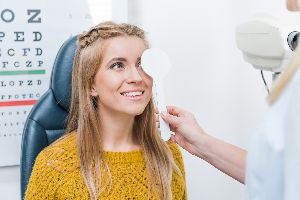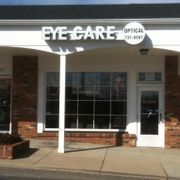
Many practices can help preserve your vision, from receiving regular eye exams to adopting healthy lifestyle habits. A modern method you may have heard of is avoiding blue light exposure. With the guide below, discover how this impacts ocular health and how to protect your eyesight.
What Is Blue Light?
All light gives off electromagnetic waves—the blue variety, produced by the sun, has short ones with high energy. People typically get exposed to it through electronic items, including smartphones, laptops, televisions, and tablets. That's because the LED bulbs used in these devices produce the same wavelength of light as the sun.
How Does It Impact Vision?

In some ways, blue light is good for you. When it's from the sun, it makes you more alert while regulating your body's sleep/wake cycle. However, being frequently exposed to it through devices can negatively impact your vision.
Blue light from electronic screens contributes to digital eye strain, which can cause you to experience headaches, dry eyes, and irritation. It can also affect sleep quality, making you feel more awake when you should be tired.
What Can You Do to Prevent Issues?
Fortunately, there are many ways to safeguard your vision. The best method of avoiding digital strain is to limit screen time as much as possible. However, if you work in front of a computer, practice the 20/20/20 rule. This practice recommends taking a break every 20 minutes to stare at something 20 feet away from the desk for at least 20 seconds. Using night mode on electronic devices can also reduce exposure to blue light.
When you need an eye exam, turn to Eye Care Optical in Montgomery, OH. With over four decades of experience, this skilled and knowledgeable staff will help you find an exact match for your corrective lens prescription. They also offer a wide selection of stylish frames to ensure you look your best while boosting your vision. Visit the website to learn more about what they look for during an eye exam, and schedule an appointment with a specialist today by calling (513) 731-6587.
About the Business
Have a question? Ask the experts!
Send your question

